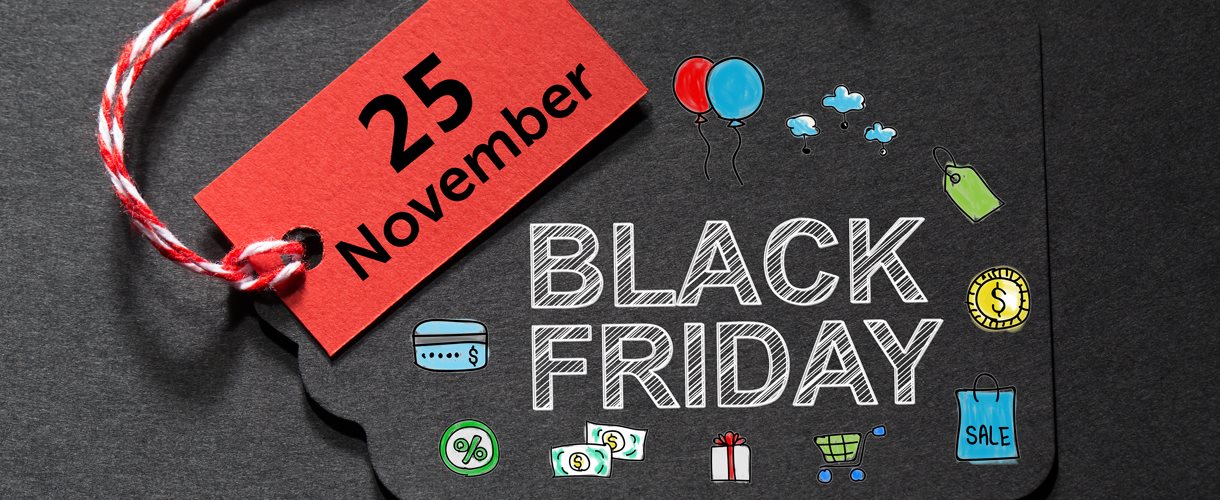What is Black Friday and where does it come from?

Black Friday is now an international day of sales that takes place both in physical stores and online. The sale originates in the United States and takes place the day after Thanksgiving, which is celebrated the last Thursday of November.
The term has been used for many years, as early as 1961, but has become more popular in modern times. It began to rise in popularity in 2011 when several US retailers decided to open at midnight for the first time. The sale is perceived to offer huge discounts and often causes chaotic scenes and, in some extreme cases, violence. Since proving popular in America, many companies based in the UK have now adopted Black Friday deals.
Where does the term ‘Black Friday’ come from?
It is not clear where the term originated or if it has one specific meaning. But it was used to refer to the Thanksgiving period of traffic and congestion in the US as early as 1961. Many people have suggested that the term actually has negative connotations, as the colour ‘black’ is usually associated with negative terms. More recently, it has been suggested that the term relates to the time of year when businesses start to turn a profit, moving from the red into the black. Regardless of where the term comes from or what it means, it has now become widely accepted as one of the biggest sale periods of the year.
Are people still interested?
Although there is some negative feeling towards black Friday, it continues to grow in popularity with UK shoppers. Some retailers have decided not to participate in Black Friday, but research shows that it’s more effective for particular industries such as electrical goods. The increasing popularity is reflected by Google Trends as shopping on Google during the Black Friday period actually doubled year-on-year. Most of the biggest search terms around Black Friday relate to electronic goods such as gaming consoles and TVs. Many of the large brands also dominate search terms with Argos, Amazon and Asda topping the list last year.
Do you really save money?
Black Friday has received a mixed reception from UK shoppers and has come under criticism in the past for often chaotic scenes. But there are plenty of retailers offering discounts this year claiming to provide huge savings. But are these sales genuinely that much cheaper or is it just a clever marketing campaign? Data collected in 2015 shows that retailers typically have between 10-15 percent of their stock on sale all year round. It also shows that Black Friday didn’t have the highest number of products on sale, but rather the peak sales day fell in July. Figures also suggest that around 31 percent of UK shoppers don’t think the deals are better than other periods throughout the year. But that doesn’t mean that there aren’t any deals to be had. If you shop around and research prices, you’re sure to find a Black Friday bargain.
Is it important for businesses?
Although sales are higher in industries such as electronics, Black Friday is not something that other businesses should dismiss or ignore. With a huge spike in search terms online and huge amounts of searches related to Black Friday, it has become important for all e-commerce businesses to take advantage of Black Friday. Google recently published studies that show shoppers are now relying more on smartphones and were searching on mobile before and after store hours. There are plenty of ways that online retailers should be making the most of this opportunity. Businesses can set up a voucher code via Facebook and make your followers aware of discounts. Businesses should also be upping their efforts with paid adverts too. Whether you’re a fan of Black Friday or not, it looks like it’s here to stay.


